Govt, IMA clash on Ayush Covid protocol; doctors say evidence merely anecdotal and a placebo, not clinically proven
When Kerala, the hub of Ayurveda with some of the best practitioners, arrested the spiral of the pandemic in the early stages, its Health Minister KK Shailaja made a crucial observation. That once the disease had set in, there was no alternative to the clinically proven and medically tested protocols. And that traditional systems of medicine, like Ayurveda and homoeopathy, were good for overall well-being and body resistance. So they could be used only as part of a protective or convalescent routine. The deadly virus itself had to be treated with proven drug combinations. This distinction is very important in a country growing up in a culture of naturopathy and home remedies, and, therefore, prone to trusting conventional wisdom. But this is a novel virus we are dealing with. There is no doubt that traditional systems of medicine in India have not only survived but flourished over the centuries and there are virtues embedded in our huge herbal heritage that are good for disease prevention, improving immunity and overall health management. So far, the evidence of their curative potential has largely been anecdotal than empirical. But overplaying our herbs as part of a COVID-19 medicare protocol, when they are yet to cross the threshold of medical reason, comes with the attendant ills of misconception that they are just as effective as allopathic drugs. Particularly in a country where most cannot understand the fine line between preventive care and cure. This is the reason why the Indian Medical Association (IMA) has taken umbrage to Health Minister Harsh Vardhan’s upgradation of protocols on October 6 for managing and treating COVID patients with mild symptoms in Ayush (Ayurveda, Yoga and Naturopathy, Unani, Sidda and Homoeopathy) hospitals and by Ayush practitioners. It asked the Minister to authenticate efficacy claims made from studies done on asymptomatic COVID patients, make them public and available for scientific scrutiny or else be responsible for “inflicting a fraud on the nation and gullible patients by calling placebos as drugs.” In a sharp attack, the IMA asked how many of Vardhan’s ministerial colleagues have so far made the informed choice of getting treated under these protocols. It wondered if the proponents of this claim and his Ministry would subject themselves as volunteers to an independent prospective double-blind control study in the prevention and treatment of COVID. This is a pertinent question considering almost all of our Ministers have chosen private multi-speciality hospitals with advanced allopathic protocols to treat themselves when they got infected. The IMA even asked what was stopping the Minister from handing over COVID care and control to the AYUSH Ministry. The problem with the AYUSH protocol at hospitals is that it legitimises Ayurveda as a line of treatment when fact is that there has not been a sustained trial and a consistent similarity of results to prove that it works in arresting the spread of the disease. Till then, AYUSH treatments can at best be prophylactic in nature and must be emphasised as such in officialese.
It is true that a few Ayurveda pharmaceutical companies have been working on simulation studies where few plant molecules have shown the ability to halt the alarming multiplication of the SARS CoV-2 virus in an Artificial Intelligence (AI) modelling. Researchers at IIT Delhi, in collaboration with Japanese scientists, have found that properties of the Ayurvedic herb Ashwagandha have “therapeutic and preventive value” against COVID-19 infection. But they are working on more conclusive proof that could allow for pharmacological interventions. Let us not forget that callous official endorsement can lead to outrageous claims like the recent one made by Yoga guru Baba Ramdev that he had found two new medicines — Coronil and Swasari — that had shown a 100 per cent recovery rate in patients within just 14 days. He quoted clinical trials at the Jaipur-based National Institute of Medical Sciences and Research (NIMS) which denied them subsequently. He applied for a licence duplicitously, claiming that his was a cold, cough, fever drug with immunity-boosting properties. And once the licence was got and the time for a rollout came, he claimed it was a cure. Besides, Ramdev’s Patanjali group sidestepped the Drug Controller General of India, whose approval must be sought before a medicine is put out in the market. In our search for a cure among herbs, we are doing a disservice to what Ayurveda stands for. It is not just about COVID prevention but a holistic system of medicine involving herbs, diet, lifestyle and other measures that helps the body fight off all kinds of pathogens and diseases. Ayurveda has never been in conflict with science and is actually about scientific management of life. The IMA statement is all the more significant because it draws attention to the flawed pandemic management in India as we race to become the worst affected country. With the disease expected to see a painful peak by November, in no small part aided by the festive season and the opening up of every sphere of human activity, spare a thought for our overworked healthcare personnel. Most of them are battling depression, exhaustion and pay cuts even as the stream of patients is constant. Hundreds of them have lost their lives while on frontline duty and the IMA has been demanding martyr status for them as they went down fighting a new age battle. The infrastructure, even in bigger cities, is still short of handling a bad winter surge should it happen as predicted. Rather than upgrading AYUSH protocols, we need to upgrade practical solutions.







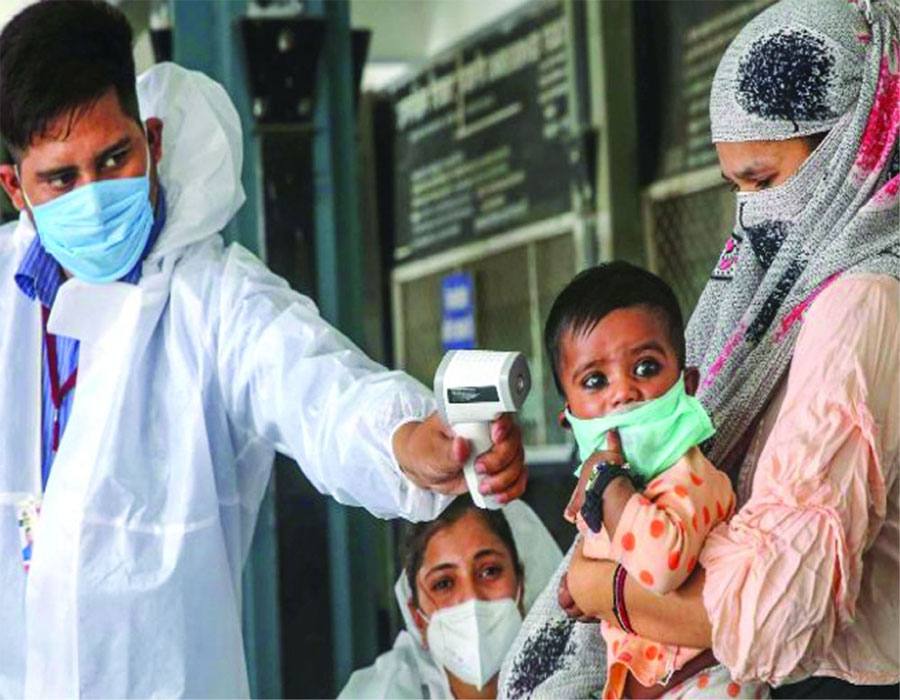
 OpinionExpress.In
OpinionExpress.In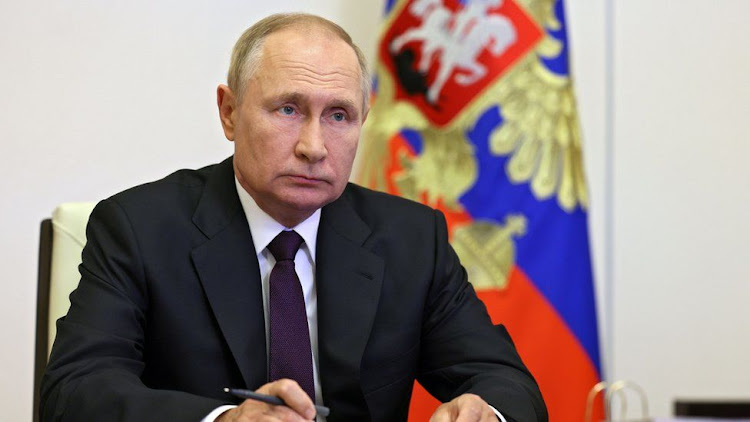

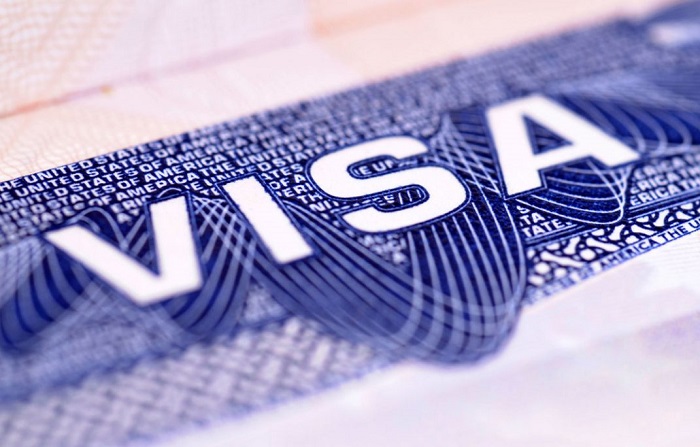
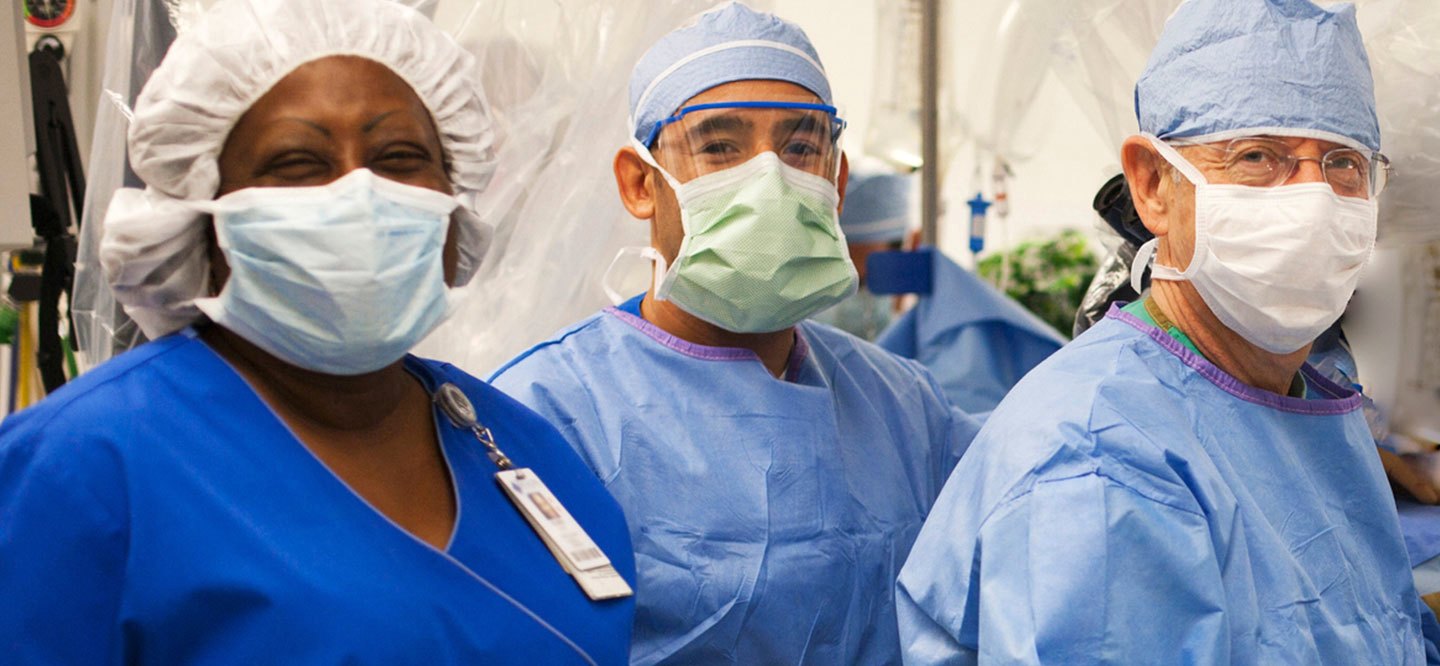
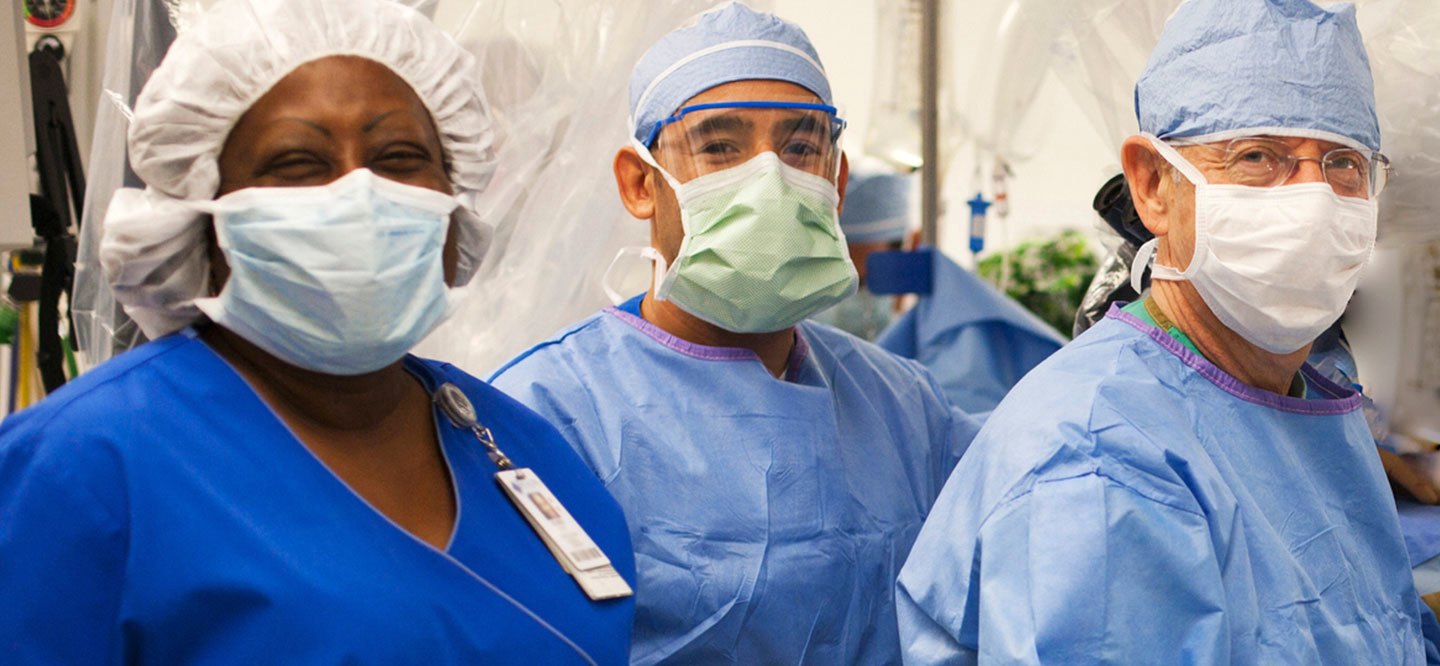

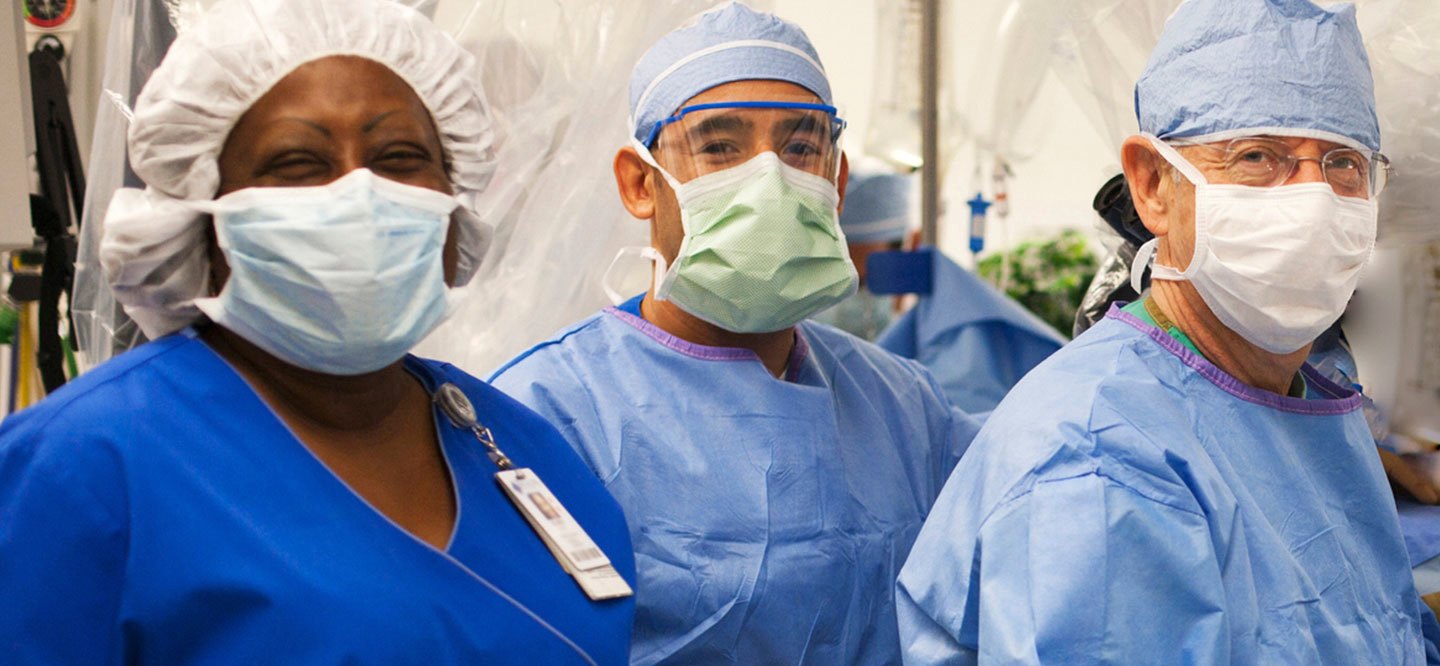


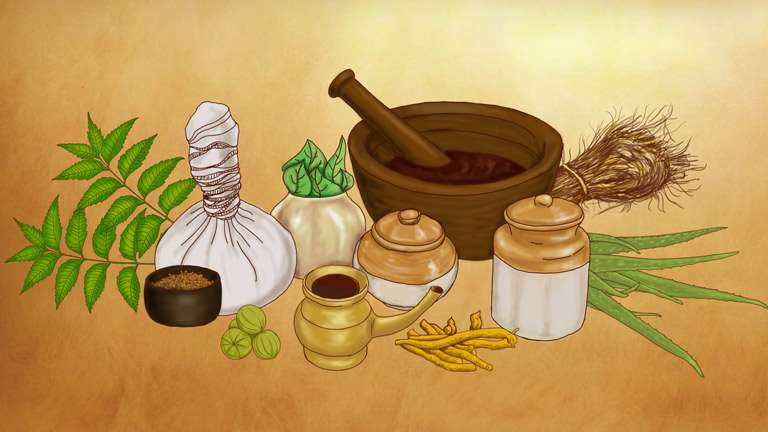






Comments (0)